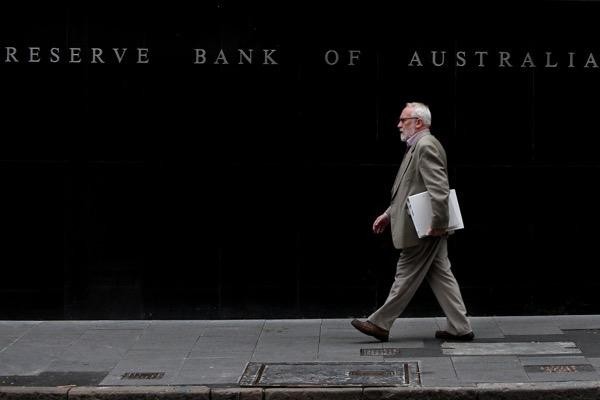What is the RBA’s next move?
The RBA is expecting inflation to peak at around 7% in December and begin to cool down early next year so why is the RBA's Governor Lowe positive that a recession is unlikely for Australia?
 Source: Bloomberg
Source: Bloomberg
This is a busy week for the RBA and its Governor with three reports released from Australia's central bank on Tuesday to help traders identify the central bank’s next move and of course, their investment strategy moving forward.
Inflation
The RBA now expects inflation to peak at around 7% in the December quarter versus its 6% prediction in May. This price rise is based on external and internal pressures including the increase in petrol and the availability of new cars.
Petrol prices in Australia have increased by 37% over the past year which alone adds around 1% to headline inflation (now 5.1%) while disruption to global production and the solid internal demand from the pandemic is significantly affecting the fastest-growing price in two decades.
However, the RBA didn’t anticipate the high-flying inflation rate could maintain its current pace into the next year and instead believes the consumer price index (CPI) will begin to decline for three reasons.
First, pandemic-related supply problems should be gradually resolved in the next six months as companies adjust to their new operating environment. Second, the current decades-high inflation rate is raising the bar for future comparison, meaning that prices have to keep increasing at an extremely elevated rate to maintain the current 5-7% growth rate.
The third factor relies on the central bank’s monetary policy and the tools available. The outlook of high-interest rates globally, which are set to be above 2% for most developed countries, should help to rebalance the demand for goods, services and supplies in the market. In that case, the irrational price movement can be stabilized.
Interest rate
Two weeks ago, the Australian central bank surprised the world with a 50 bps hike but Governor Philip Lowe promised that there won’t be any more surprises at the July meeting, signalling that the RBA will 'only' raise interest rates between 25 to 50 basis points to lift the cash rate to 1.1% to 1.35%.
Nevertheless, the money market is seemly holding a different view on the interest rate outlook. For the near term, the market bets on a 65 to 75 basis point hike in two weeks and for the longer period, the futures market has priced in an RBA cash rate of about 3.7% by year’s end.
The next big event to impact the RBA’s view on the rate will come after the July meeting when the second-quarter inflation data is published on July 27th. The new information may change the rate maker’s assessment of the size of hikes needed if inflation turns out to be too hot to ignore.
Recession
Despite admitting the board of the central bank was very concerned about the downside risks to the economy, Governor Lowe was positive that a 'recession is out of the horizon' for Australia.
Governor Lowe does have sound reason to support his bold statement as evidence shows that domestic demand has been resilient even with winter virus outbreaks and the floods on the east coast. As such, GDP growth for the June quarter is anticipated to grow at the annual rate of 3.3%, lower than the previous two quarters but still higher than the pre-pandemic levels.
Furthermore, the combination of rising wages in a tight labour market and a high ratio of household savings should help Australian families to overcome the increasing price to some extent.
Overall, although GDP growth had slowed in the March quarter, Australia’s economy is still a safe distance away from worrying about a recession.
Take your position on over 13,000 local and international shares via CFDs or share trading – and trade it all seamlessly from the one account. Learn more about share CFDs or shares trading with us, or open an account to get started today.







0 Comments
Recommended Comments
There are no comments to display.
Create an account or sign in to comment
You need to be a member in order to leave a comment
Create an account
Sign up for a new account in our community. It's easy!
Register a new accountSign in
Already have an account? Sign in here.
Sign In Now